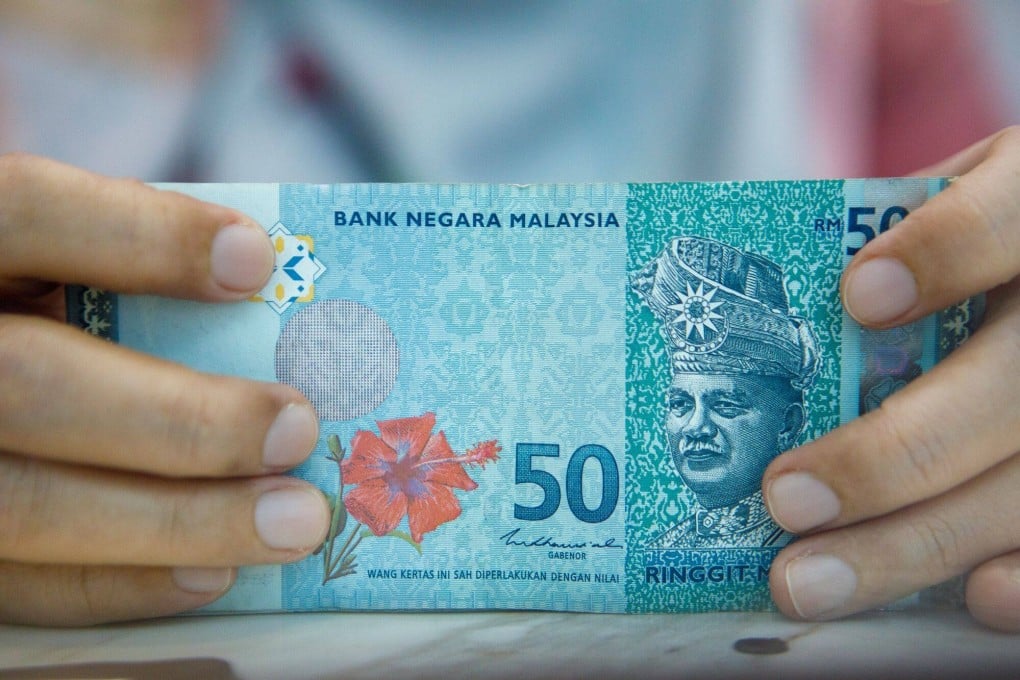Explainer | Why is Malaysia’s ringgit in a slump and will it affect PM Anwar’s coalition in this year’s state polls?
- Greater exposure to China’s economy and easing commodity prices are among the factors contributing to the ringgit’s decline versus its Asean peers
- The currency’s weakness also affects the cost of living, which could become an issue for PM Anwar Ibrahim’s government in the coming state elections

The currency has been Southeast Asia’s worst performer so far this year. It hit a seven-month low on Friday last week, ending the week at 4.672 to the US dollar, according to a Reuters report.
On Wednesday, the ringgit closed at 4.669 against the US dollar, according to Reuters data.
But the central bank’s confidence in the ringgit is not shared by a public who had emptied out their savings to survive the pandemic, only to emerge into a cost-of-living crisis and find that their money buys them less than it did.
Exporters and tourism players stand to benefit from the weak ringgit, experts say, with foreign clients and tourists more inclined to leverage their stronger currencies. Locals, meanwhile, end up having to hold back as the prices of everything, from their favourite imported biscuits to cosmetics and even fresh chickens, have gone up.